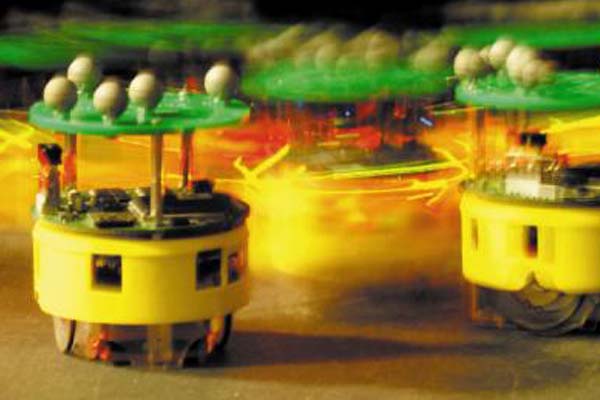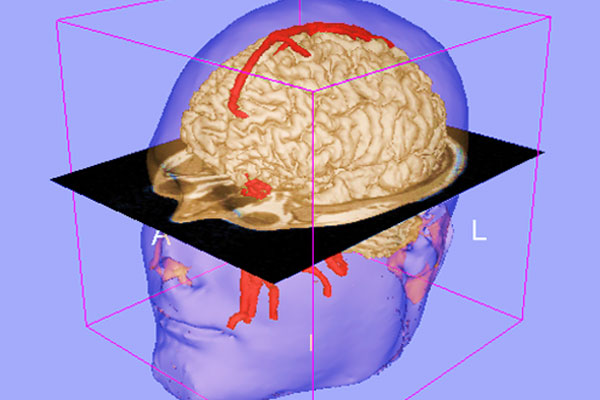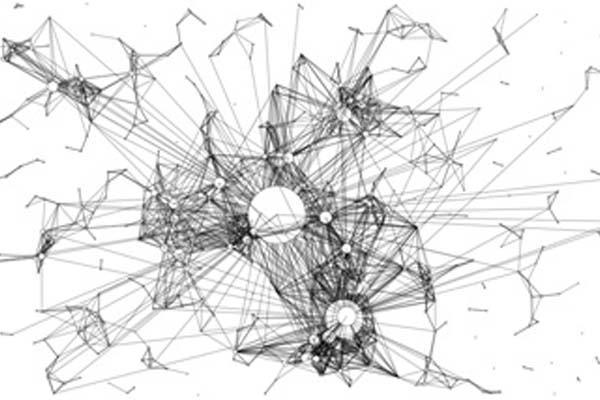
Intelligent Systems and Nanoscience
Application areas

Autonomous and robotic systems
Next generation electronic devices and materials
Research capabilities
Adaptive devices and architectures offer much for the future of complex system design.
Our ultimate goal is to develop spintronic devices built on the nanometre scale.
In this area we focus on the integration, detection and manipulation of biological materials using electronic devices.
We study evolutionary algorithms, signal processing and computer vision methods, and apply our findings to healthcare problems.
Research collaboration
We engage in collaborative R&D, allowing your business to access our expertise and facilities.
We offer MSc courses in Digital Systems Engineering and Intelligent Robotics.




